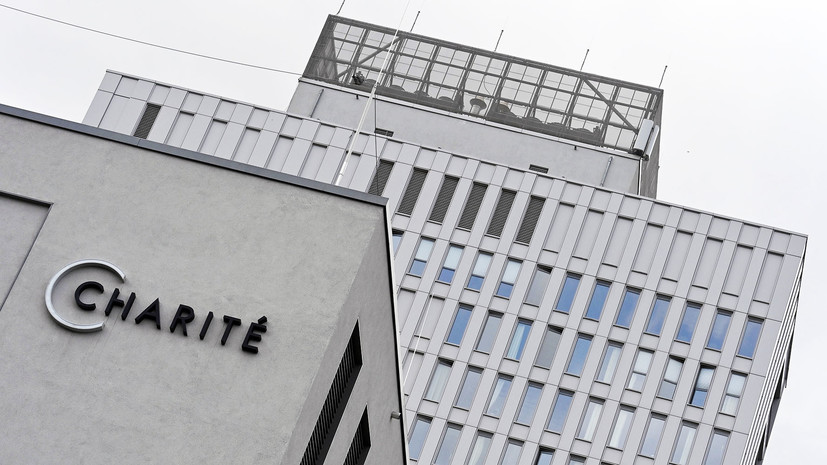Russia considers the sanctions imposed by the European Union in the case of Alexei Navalny to be illegal.
This was stated by the Russian permanent representative to the EU Vladimir Chizhov.
He noted that the justification of the restrictions "from a political and legal point of view is frail, but from a moral point of view, it is simply unacceptable."
"This decision confirmed our worst fears that relations between Russia and the EU will be brought to the lowest level in recent years," RIA Novosti quoted Chizhov as saying.
The Permanent Representative pointed out that there was an "internal disagreement" in the EU on the issue of restrictive measures, since initially the media "reported on nine persons falling under them, then their number was reduced to six."
The diplomat said that there is only one authority in the world authorized to impose restrictions - the UN Security Council.
In addition, the Permanent Representative drew attention to the fact that France and Germany, which, according to him, initiated the procedure for imposing sanctions, did not even provide their allies with any evidence of the involvement of persons under restrictions in the blogger's case.
Meanwhile, German Foreign Minister Heiko Maas said it was impossible to end the dialogue with Moscow, since Russia plays an important role in resolving a number of conflicts, in particular in Libya, Syria, and Ukraine, as well as the situation in Belarus, Nagorno-Karabakh and Venezuela.
“There can be no termination of the dialogue with Moscow.
Too many people in the world rely on the fact that the international community, in dialogue with Russia, will take care to put an end to these conflicts, ”RIA Novosti quoted Maas as saying.
Commenting on the current situation, Lavrov said that Moscow would respond to the EU's line towards Russia, and added that the European Union "is more and more on the path of replacing diplomatic art with sanctions."
“We see in this not just an example that the Americans are setting, but also the result of direct US pressure on their European colleagues and allies,” he stressed.
The United States reacted positively to the EU's decision to impose sanctions.
This was announced by the head of the press service of the State Department Morgan Ortegus.
“The US welcomes the EU's decision to impose sanctions on Russian officials associated with the poisoning of Alexei Navalny.
The perpetrators of this attack must be held accountable, ”she wrote on her Twitter account.
We will remind, on October 13, the heads of the foreign ministries of the countries of "united Europe" agreed on the imposition of sanctions against Russia due to the situation around Alexei Navalny.
As the EU High Representative for Foreign Affairs and Security Policy Josep Borrell said, the decision was approved unanimously.
Later, the website of the Official Journal of the European Union published a decision to impose sanctions against a number of Russian citizens in connection with the blogger's case.
The director of the FSB Alexander Bortnikov, the first deputy head of the presidential administration of Russia Sergei Kiriyenko and the head of the president's internal policy department Andrei Yarin were personally sanctioned.
Also, restrictions were imposed on the deputy defense ministers Alexei Krivoruchko and Pavel Popov, the presidential envoy to the Siberian Federal District Sergei Menyailo.
The Kremlin called the imposition of sanctions an unfriendly step.
In particular, the press secretary of the Russian president Dmitry Peskov said that in the current situation Moscow will act in accordance with its interests.
Russian Foreign Ministry spokeswoman Maria Zakharova recalled that Moscow has repeatedly warned the European Union that the desire of European partners to blame the situation around Navalny on the Russian side will become a "litmus test" for further relations between the parties.
“We state with regret that they did not listen to our words,” she said.
Alexei Navalny became ill on August 20 on board a plane from Tomsk to Moscow.
The liner urgently landed in Omsk, where the blogger was hospitalized in a local hospital.
At the insistence of his relatives, he was transferred to the Berlin clinic "Charite".
A few days later, the FRG authorities announced that Navalny had allegedly been poisoned with a nerve agent from the Novichok group.
Russia has repeatedly indicated that Germany did not provide any evidence in the Navalny case, and also did not respond to a number of requests from the Russian side regarding the situation.

